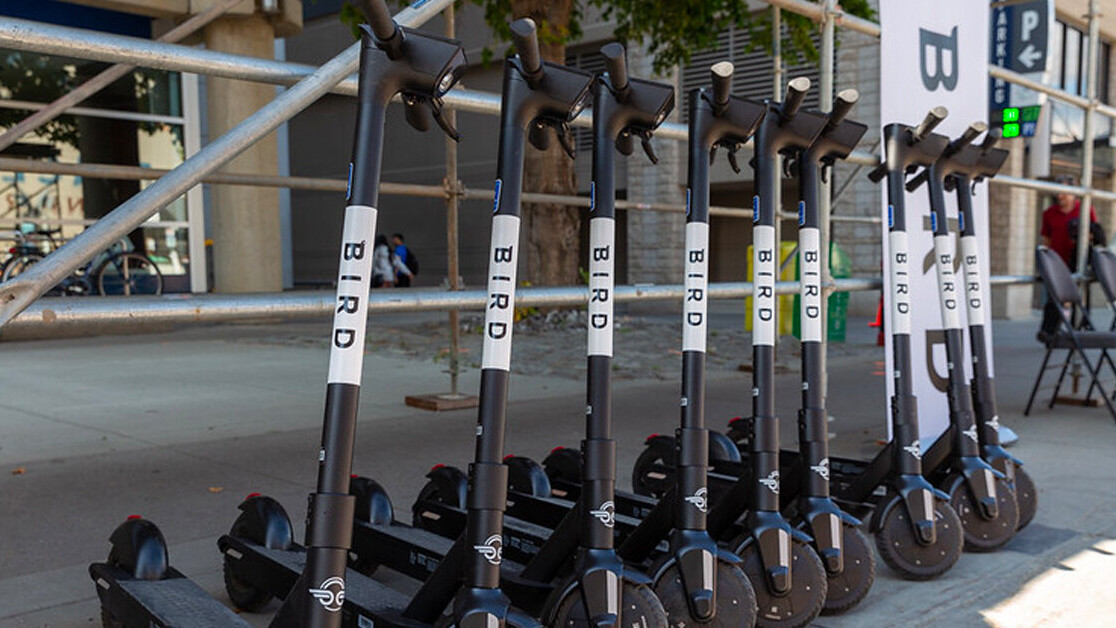This article was originally published by Christopher Carey on Cities Today, the leading news platform on urban mobility and innovation, reaching an international audience of city leaders. For the latest updates follow Cities Today on Twitter, Facebook, LinkedIn, Instagram, and YouTube, or sign up for Cities Today News.
Eight of Europe’s leading micromobility companies have created a coalition to address what they say is “a gap in the representation of industry” in transport and mobility policy discussions.
Micro-Mobility for Europe (MMfE) — which comprises Bird, Bolt, Dott, FreeNow, Lime, TIER, Voi, and Wind — plans to contribute to the development of a “coherent policy framework” in Europe that will ensure micromobility solutions grow in cities and support the rapid transition to zero-emission urban mobility.
The group says it will bring the views, expertise, and experience of the shared micromobility industry to policy discussions and “transform urban mobility” across the continent.
While not specifying whether it intends to engage with individual cities or governments, TIER’s Head of Public Policy Jinél Fourie told Cities Today the group wants to “have a voice” in EU policy-making.
“EU-wide regulation will enable European cities to optimize the benefits of shared micromobility, as they transition to more sustainable modes of transport,” said Fourie.
[Read: ]
Coherent Policy
As e-scooter and shared bike schemes have expanded across Europe, often appearing overnight with little consultation with city authorities, tensions have arisen regarding regulation and management.
In October, Copenhagen banned scooters from its streets after complaints from the public about poorly parked devices blocking access for elderly and disabled residents.
Many countries, however, including Ireland and the UK, have been slow to react to the new modes of mobility, relying on outdated legislation to govern their use.
The UK legalized the use of rented e-scooters in limited trials last summer, but issues with riders operating private scooters illegally are still widespread with little or no enforcement in many cities, including London.
Data governance
The eight members of MMfE currently operate in over 20 EU countries across more than 100 cities and have identified data governance and the circular economy as top priorities to ensure that shared micromobility is an integral part of EU policy developments in the coming years.
At the municipal level, some European cities have already adopted templates for data-sharing for providers of dockless bikes, e-scooters, and shared-ride providers that work within the public right of way.
In 2018 Lisbon integrated the Mobility Data Specification (MDS) – a city-led data standard originally developed by Los Angeles – into its transit ecosystem in an effort to create an open system of data-sharing for firms operating in the city.

SHIFT is brought to you by Polestar. It’s time to accelerate the shift to sustainable mobility. That is why Polestar combines electric driving with cutting-edge design and thrilling performance. Find out how.
Get the TNW newsletter
Get the most important tech news in your inbox each week.





